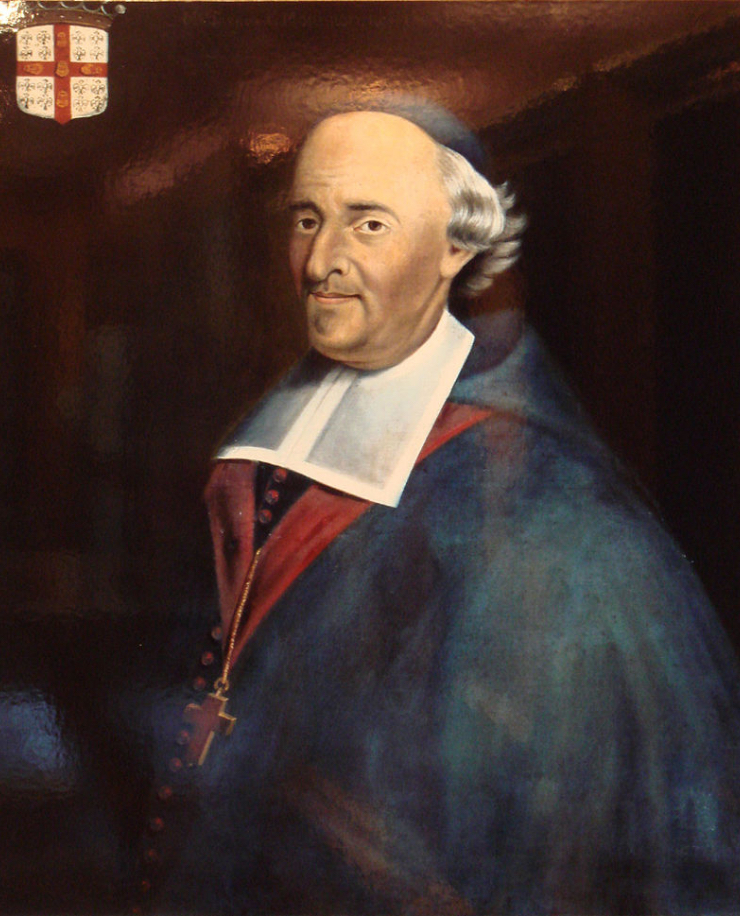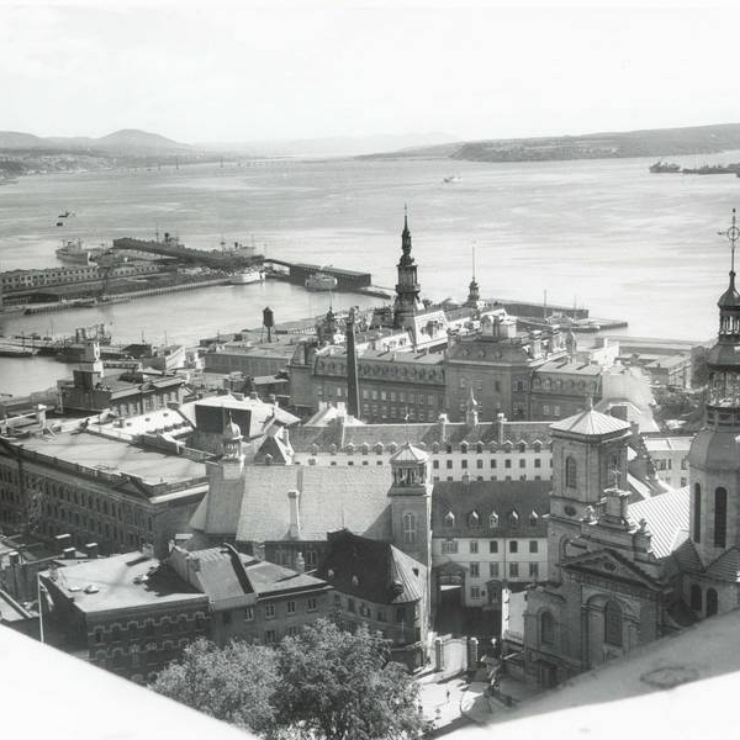Origin and history


Université Laval was the very first French-language university in North America. In 1663 Monsignor François de Montmorency-Laval, the first bishop of New France, founded the colony’s first educational institution: Séminaire de Québec. Nearly 200 years later, in 1852, this institution became a university and the first building block for all French-language higher education in Québec, Canada, and North America.
The history of Université Laval is closely tied to that of Québec. For centuries this institution of higher learning has trained the intellectual elite of French-speaking Québec, and its influence continues to this day. Université Laval is considered a bulwark in the continued presence and thriving of the French fact in North America.
Key periods
1663–1878
Université Laval can trace its roots to 1663, when Monsignor de Laval founded Séminaire de Québec to train the colony’s priests. After New France was conquered by the British in 1759, Séminaire de Québec began teaching the liberal professions as well.
In the mid-19th century there was a growing need for university-level education. The English-speaking population already had five institutions of higher education to choose from, but there were none for French speakers. To address this deficiency, in 1852 Queen Victoria signed a royal charter giving the Séminaire de Québec the right to “confer degrees” and “all the rights, powers, and privileges of a University.” And thus Université Laval was founded.
In 1878 Université Laval opened a second campus, in Montréal. That campus would become independent in 1920 and take the name of Université de Montréal.
1920–1960
Six new faculties – Music, Philosophy, Language and Literature, Science and Engineering, Agriculture, and Social Sciences – joined the four existing ones (Medicine, Law, Theology, and Arts), along with a number of schools. By 1925 the university had outgrown its increasingly cramped quarters in Old Québec and expanded beyond the city walls. In 1950, work began on a new centralized campus on the Sainte-Foy plateau.
1960–1970
This decade was marked by a research boom as the first research centres opened (in northern studies, endocrinology, oceanography, and more), laboratories multiplied, and the role of the research professor developed. Today Université Laval is one of the top ten research universities in the country in terms of funding.
During this period the student population increased rapidly as Québec’s education reforms created an extensive public education network. Between 1960 and 1970, the student body grew from 6,000 to 15,000. Today it is more than 42,500 strong.
At the time, the province was in the middle of a Quiet Revolution of rapid modernization. Université Laval made a major contribution to this period of transformation as many of the great thinkers of the “new society” came out of the Faculty of Social Sciences.
1970–1972
Laval, originally a Catholic university, became a fully independent secular institution. It acquired a new charter in 1971 and elected its first lay rector in 1972. He guided the University forward as a member of a board formed largely of university community representatives.
1980–2000
This period saw an intensification of research, international collaboration, and North-South cooperation, in particular with francophone Africa. Université Laval was becoming increasingly visible globally and attracting a growing number of international researchers. In 1999, it opened an International Office that developed a number of student mobility programs, including the International Profile.
By the end of this period, women had gained majority status in the student population, increasing from 50% of the student body in 1981 to 59% 20 years later. They established a strong presence in formerly male-dominated fields such as medicine, pharmacology, and business administration.
Students increasingly pursued master’s and doctoral studies. In just a decade, the number of graduate degrees increased by nearly 50%.
2000–...
Université Laval continues to meet the needs of a constantly changing society with its educational offerings, research, knowledge resources, and community of experts.
With its international focus, community ties, and commitment to both technology and sustainability, Université Laval is a leader in research and creative endeavour and is working to continue to grow and succeed on the local, national, and international scenes.